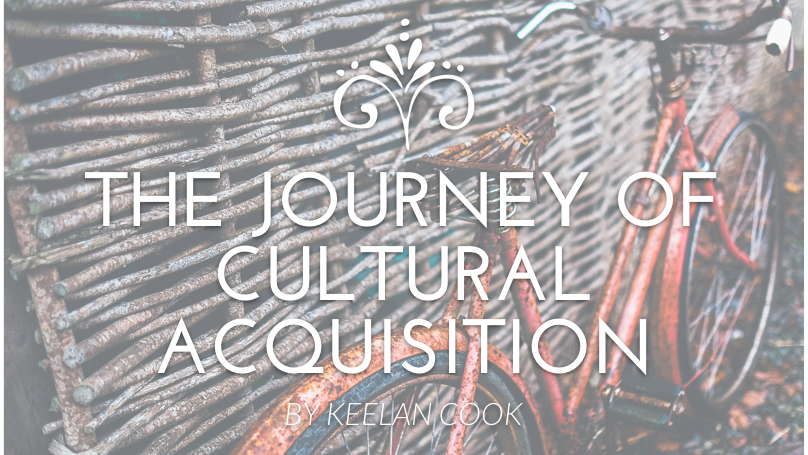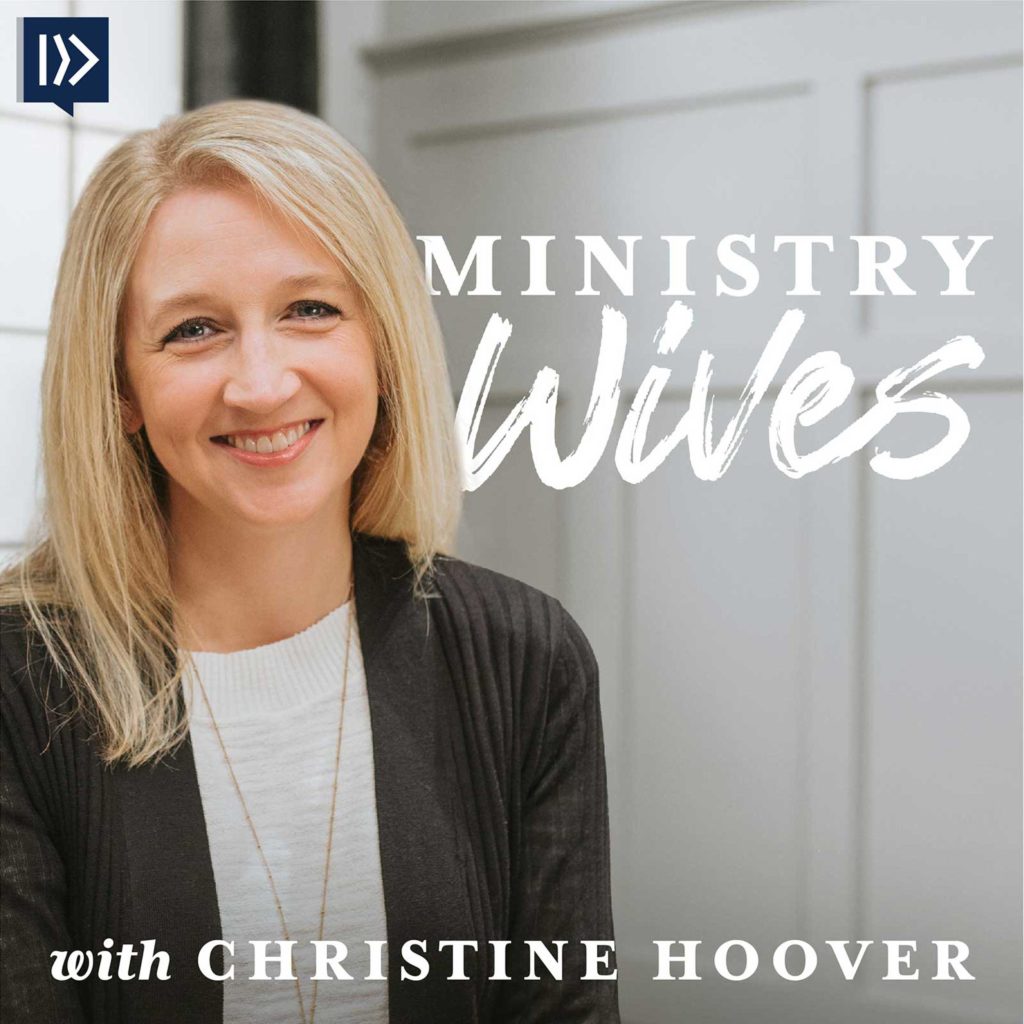So you feel unequipped to connect with diverse cultures? Keelan Cook writes such an encouraging, informative piece letting us know that is actually OK. In fact, he tells us it is to our advantage. Read more . . .
I was a missionary in West Africa. By the time I left that continent, I understood (to a decent degree) the culture, worldview, and language of the people I was engaging. I could carry on conversations, share the gospel, even teach Bible studies. I knew the way people thought, I knew the questions they would ask, and I knew not to use my left hand. Compared to people back at home in Tennessee, I had become a cultural expert concerning this people. But it was not that way when I started. In fact, I knew almost nothing about the culture when I landed. Sure, I had some token pieces of information. I knew they were poor, I knew they ate rice, and I knew they were Muslim (but even then I did not understand what that entailed). I had none of the cultural tools necessary to proclaim the gospel to these people. I was no more a cultural expert with these people than anyone else from my church back at home. It took an intentional process of learning to understand and operate in the culture I was trying to reach. Call it cultural acquisition. Working with people groups here in the States must follow the same process. Unfortunately, there is this persistent idea that it takes a cultural expert to do cross-cultural ministry. We need to shift the paradigm from cultural expertise to cultural acquisition. Local church members place an unnecessary burden on themselves and construct a barrier to gospel proclamation when they assume that cultural expertise is necessary in order to begin engaging a people group.
Limited cultural expertise is not a deal-breaker
In fact, it may be an advantage. I have written on this before.Ironically, a lack of understanding about international cultures can give you a real reason to begin dialogue. Too many times, people tell me they are nervous about meeting international newcomers. They are afraid they will not be able to share with them or that they might offend them. This kind of fear is understandable, but is no excuse to avoid the people groups around our local churches. Often, churches that see a need to reach out to these people groups feel they must find someone who is an expert in that culture to do it. Instead, we need a paradigm shift.
Think of cultural acquisition as a journey
One thing is crucial to cultural acquisition: a learner’s spirit. When this type of humility is in place, the road to understanding a people group’s culture is not as hard as people think. It is definitely a journey. By introducing yourself and asking the right questions, you begin to understand a culture and worldview. In the process, you are gaining more than information, you are also gaining a friend. Most importantly, anyone can start down this path. All worldviews have certain basic categories. Asking questions that get to the heart of these categories help you see how people think. You begin to find out what is important to them, how they think the world works, and where they place their hope. You also discover things they find offensive, things that scare them, and uncertainties they may have. Center questions around categories such as: family dynamics, festivals and fun activities, their faith and religion, how they make their money, and their types of food. Some of these sound like simple categories, but they have a profound impact on your ability to understand how people think and what they believe. My hope is that we can turn a corner in local churches and stop feeling inadequate when it comes to cross-cultural ministry. Don’t wait for a cultural expert; become one. Click here to read all posts in this series.
 Keelan Cook is working on a PhD in Missiology at Southeastern and works in the Center for Great Commission Studies. He spent time as a church planter in West Africa with the IMB and doing ethno-graphic research in Washington, DC with NAMB. Keelan is currently one of the pastors at Imago Dei Church in Raleigh, NC.
Keelan Cook is working on a PhD in Missiology at Southeastern and works in the Center for Great Commission Studies. He spent time as a church planter in West Africa with the IMB and doing ethno-graphic research in Washington, DC with NAMB. Keelan is currently one of the pastors at Imago Dei Church in Raleigh, NC.
Published January 18, 2016



